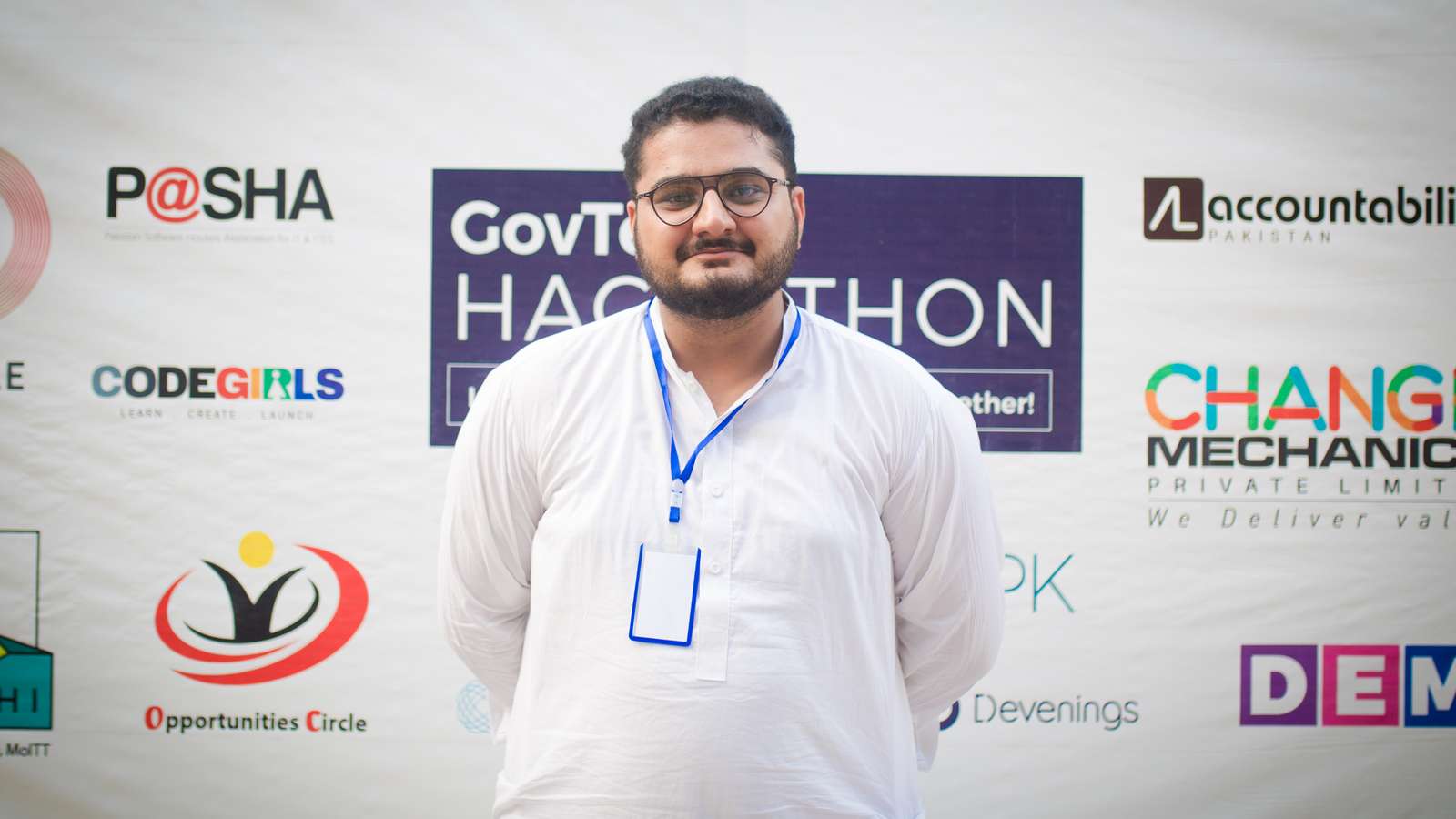
As I sit down to reflect on my journey as a civic hacker, I am filled with a sense of gratitude and pride. Gratitude for the opportunities and experiences that have shaped my path, and pride in the impact that my work has had on my community. In this blog, I will take you on a journey through my experiences as a civic hacker, from my humble beginnings as a student participating in hackathons to my current role as Manager of Engineering and Technology at Code for Pakistan.
It all began during my final semester at university when I participated in the Peshawar Civic Hackathon. It was a three-day event that brought together developers, designers, and activists to create solutions that would address civic issues in our city. It was a transformative experience for me. I had always been passionate about using technology to make a difference, but this event opened my eyes to the power of civic hacking – using technology to empower communities and make a real impact on people's lives.
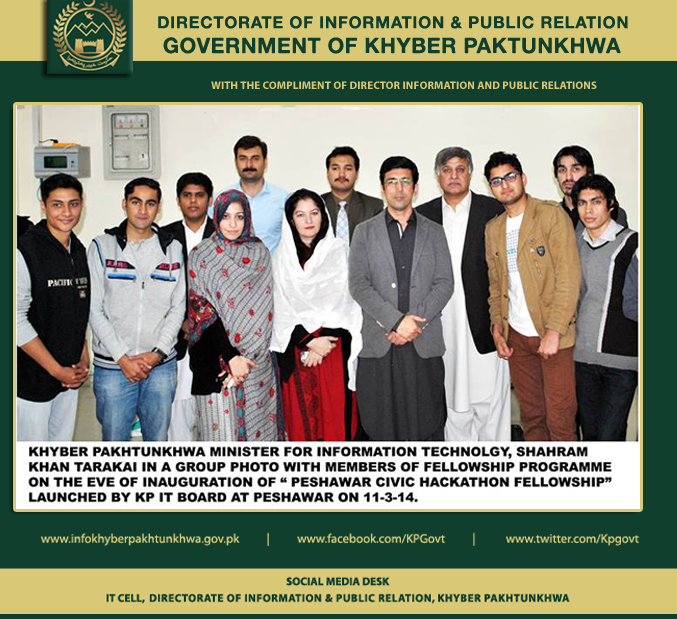
My team and I worked on an emergency alert messenger that would send an SOS to selected contacts and emergency response departments in case of an emergency. We also developed an accident detection feature that would automatically send an SOS if an accident was detected. It was an ambitious project, but we were determined to make it work. We faced many challenges during those three days – we had very little time and no funding to build the entire solution. But we persevered, and in the end, we were awarded second place for our idea.
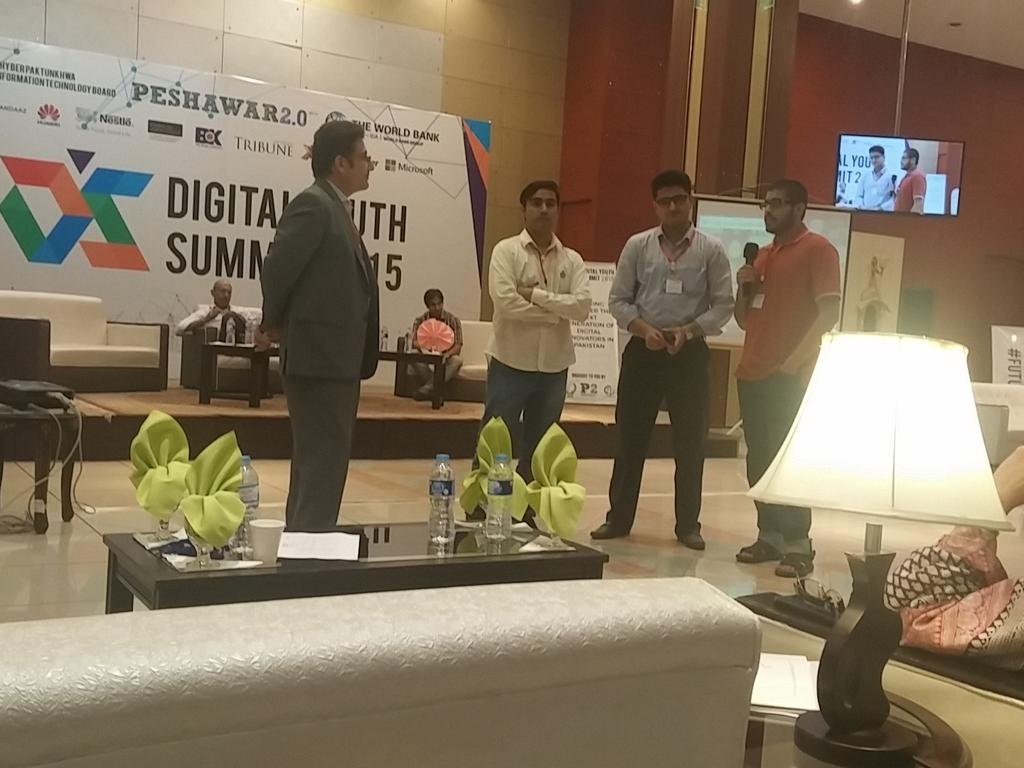
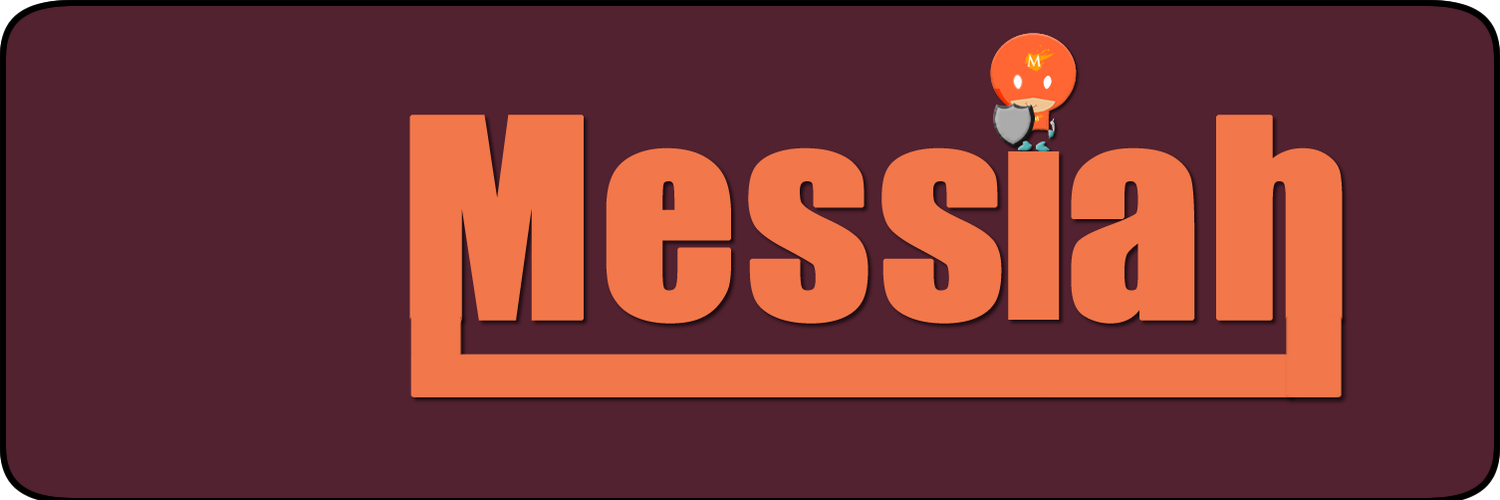
That hackathon was just the beginning of my journey as a civic hacker. With the help of Code for Pakistan, I became a fellow and had the opportunity to develop our project further. We also built an application for the Provincial Disaster Management Authority. During this time, I learnt not only how to develop solutions but also about entrepreneurship, business development, and civic hacking. It was a steep learning curve, but it helped me gain the confidence to believe in myself and my abilities.
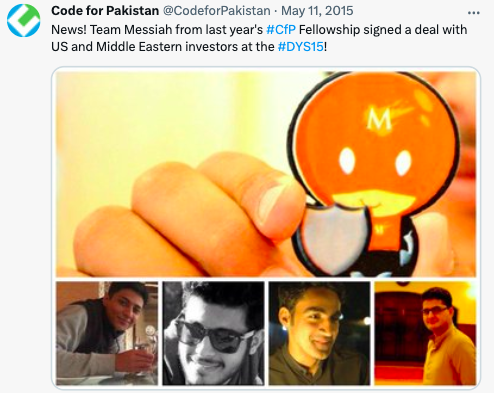
Despite our hard work and investment, our startup failed, and we had to file for bankruptcy. It was a tough time for me, but I was determined to keep giving back to my community.
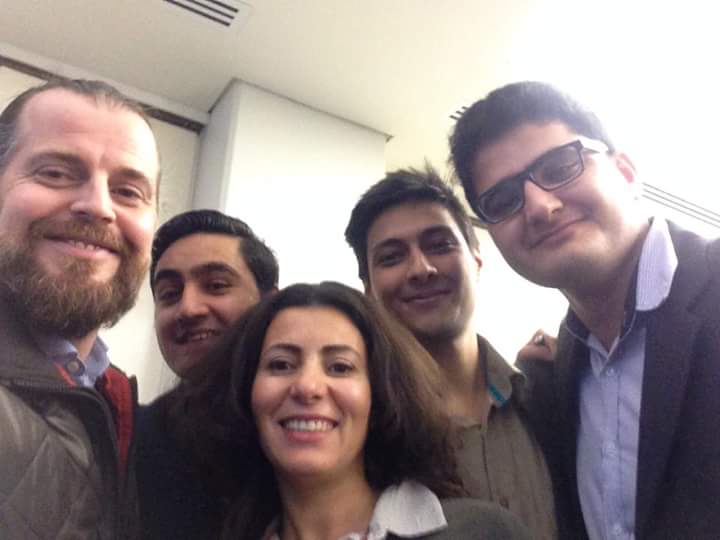
I started working a full-time job but continued to stay involved with Code for Pakistan as a volunteer. Eventually, I became the Captain of the Peshawar Civic Innovation Lab, a volunteer-led effort where I got to work on some very cool projects and meet some amazing people.
After volunteering for four years, I was offered a full-time position at Code for Pakistan as a Senior Software Engineer in the summer of 2020. It was a dream come true for me, and I was thrilled to be able to work on projects that would have a real impact on people's lives. The most significant projects I have worked on at CfP are the Pakistan Citizen Portal and the Open Data Portal. Both projects had a significant citizen-facing component and had a huge impact on the community.
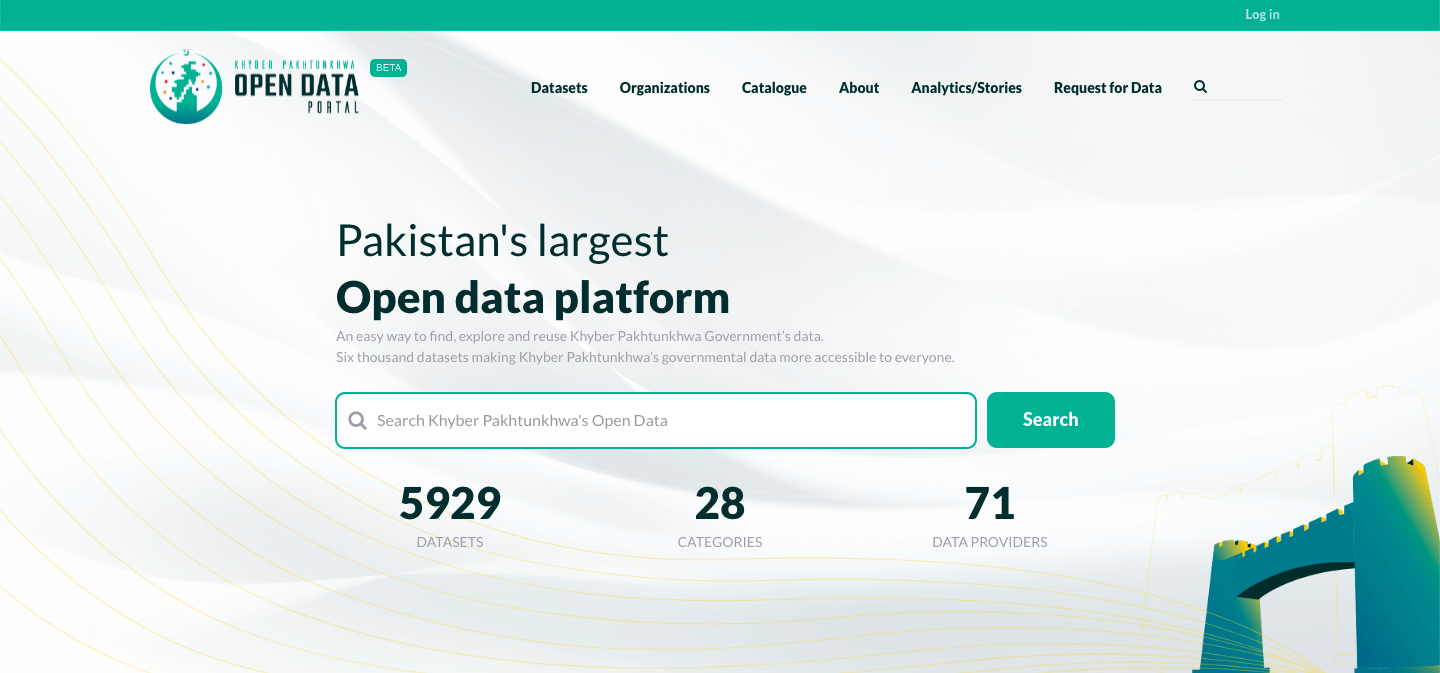
The Pakistan Citizen Portal is an app that allows citizens of Pakistan to lodge complaints and grievances in relation to government offices. These are resolved directly by the Prime Minister's Office, and it has had a significant impact. The KP Open Data Portal, on the other hand, houses multitudes of public sector datasets for the Khyber Pakhtunkhwa Government, making it easier for citizens to access government data and hold their elected officials accountable.
More recently, I worked on a project called FloodLight. It is a disaster management toolkit that helps organizations, governments, and individuals better prepare for, respond to, and recover from natural disasters. It collects data through a crowdsourcing platform called Ushahidi and displays it on a dashboard with various charts and visualizations to help stakeholders better understand the situation on the ground. FloodLight was used during the 2022 floods that hit Pakistan, and our partner organizations like Al Khidmat, floods.pk, and PakLaunch etc. used its data mapping features to coordinate rescue missions.
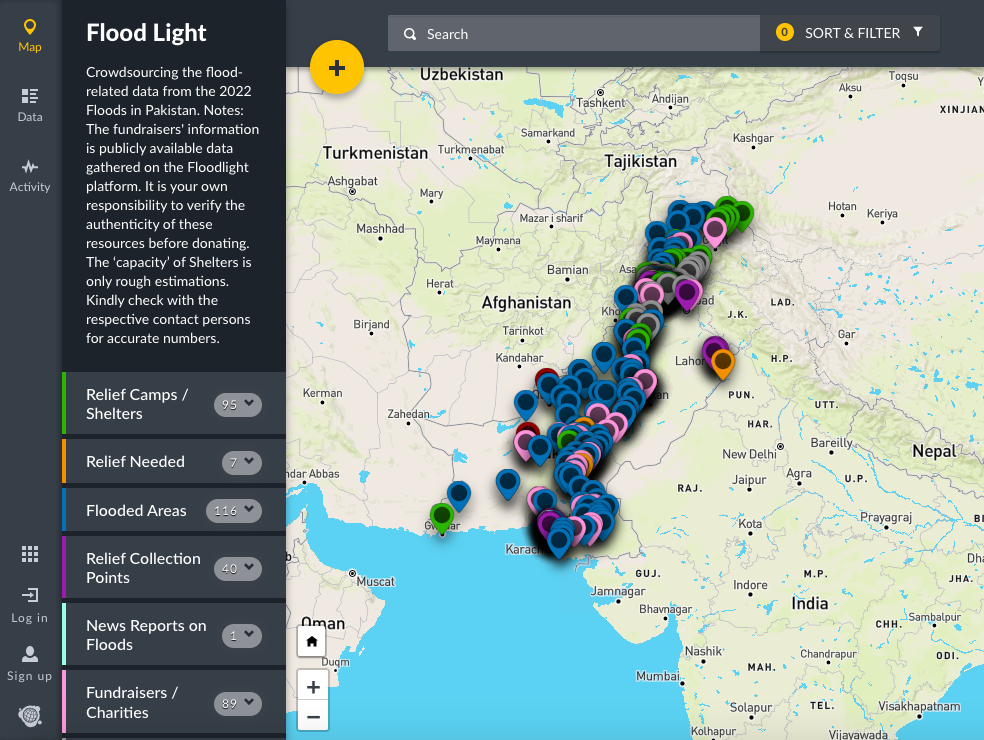
As I continued to work on different projects, I realized that civic hacking was not just about developing solutions. It was about addressing social problems, improving the quality of life for people, and promoting transparency and accountability in governance. Through civic hacking, I was able to learn about the meaningful ways in which I could contribute to society, and make that impactful difference.
In my journey as a civic hacker, I have learnt that technology is a powerful tool that can be used to address social problems and improve people's lives. However, technology alone is not enough to bring about change. It is important to work closely with the community and understand their needs and concerns. It is also crucial to have a good understanding of business development, entrepreneurship, and civic hacking to create sustainable solutions that can make a lasting impact.
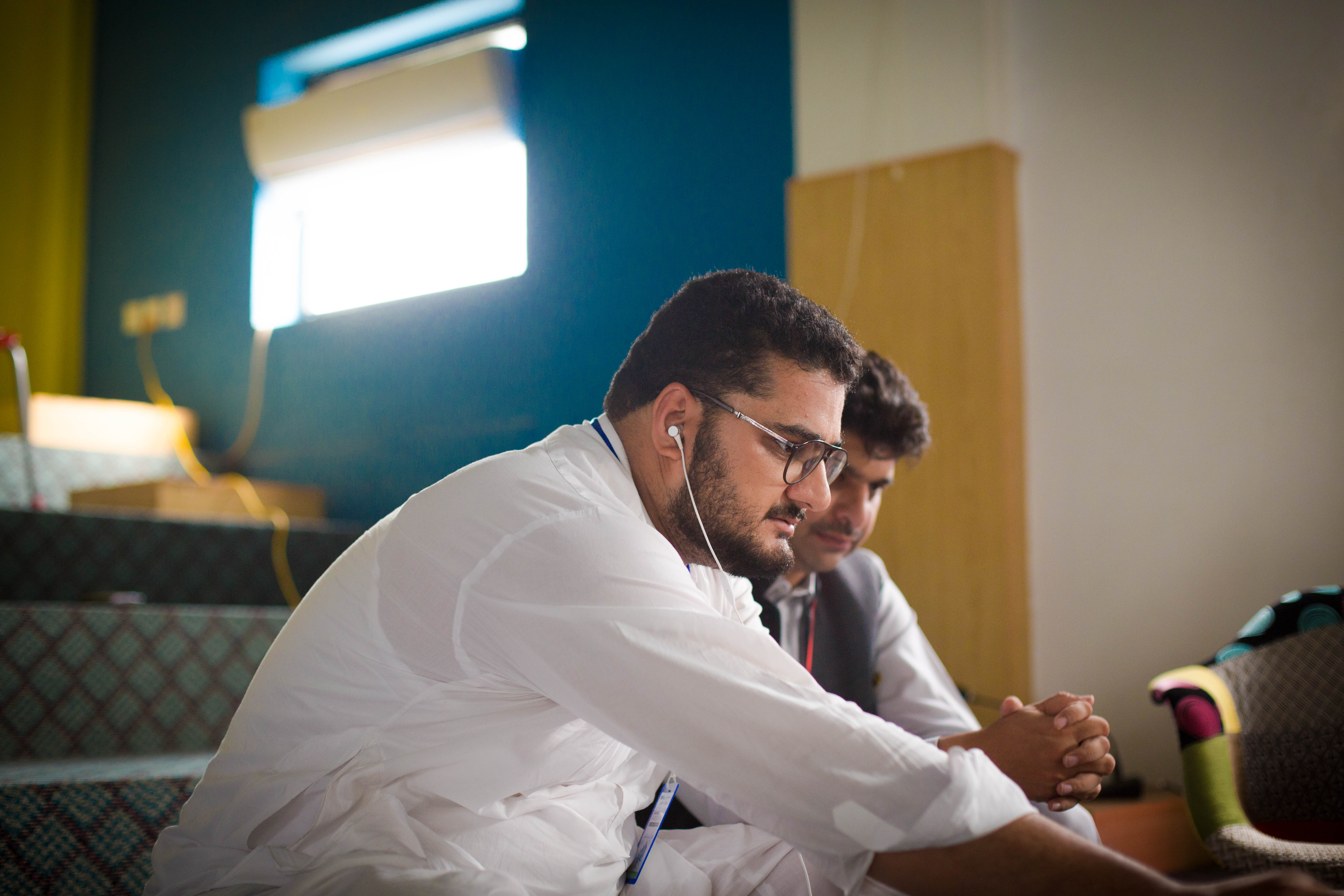
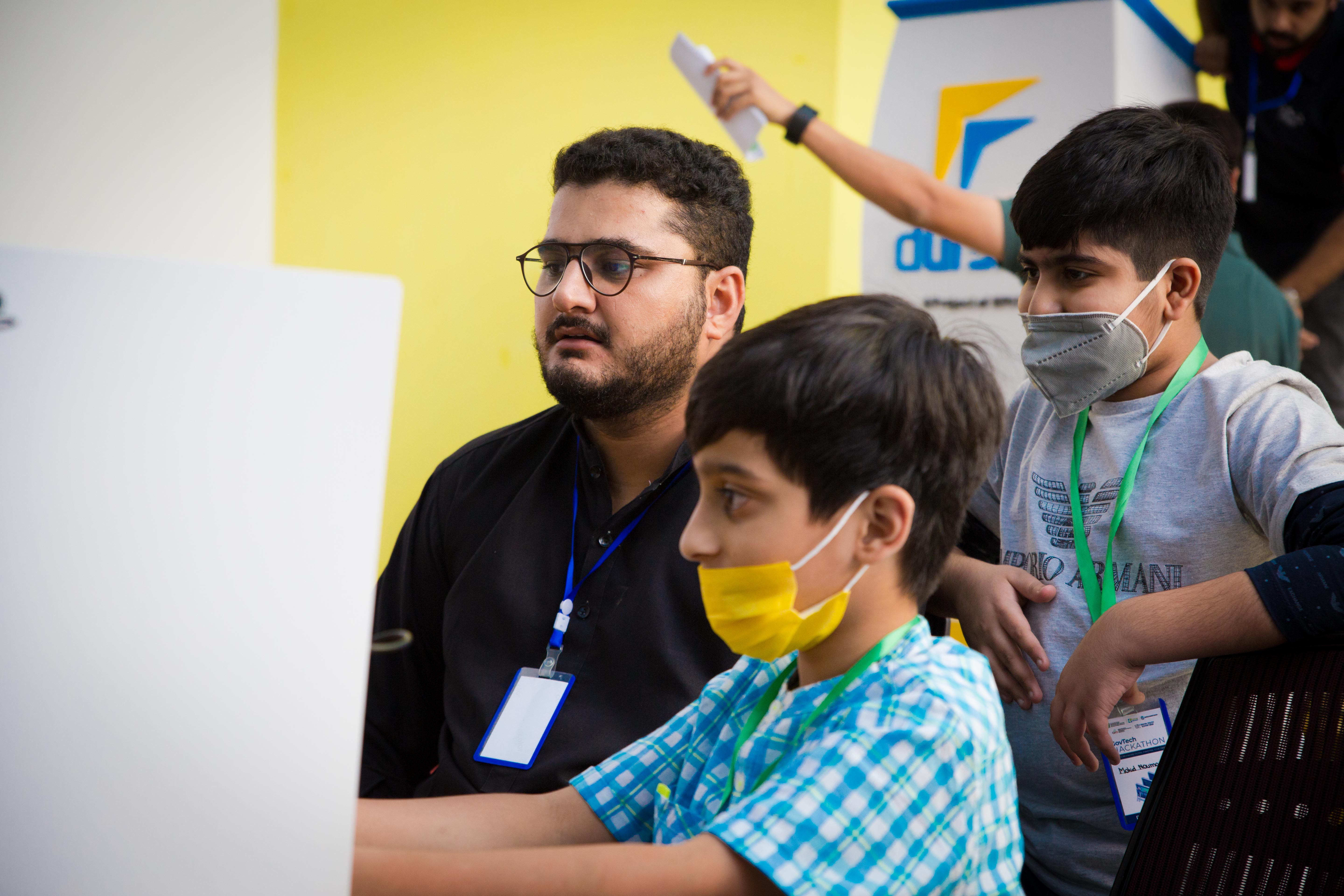
Civic hacking has been an incredibly rewarding journey for me, and I am grateful for the opportunities that I have had to contribute to my community, and society at large. It has taught me the importance of collaboration, empathy, and innovation, and I look forward to continuing to work on projects that make a positive difference in people's lives. I encourage everyone to explore civic hacking and see how they can use their skills to make a difference in their communities.